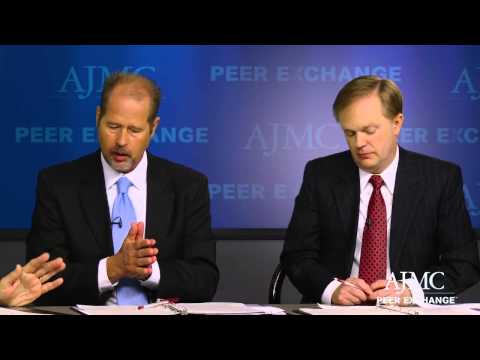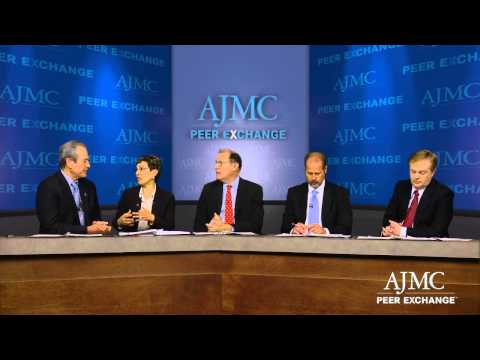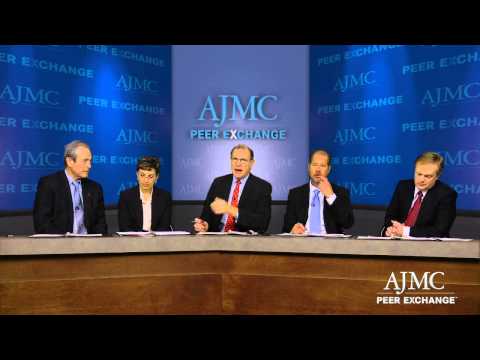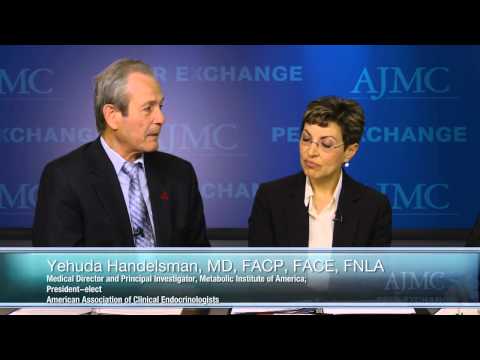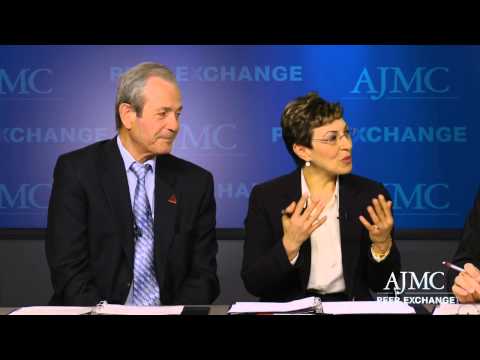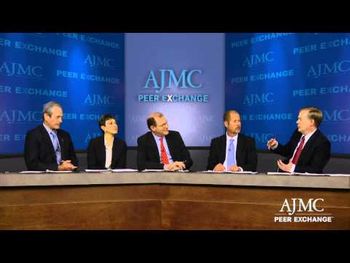
Policy
Latest News
CME Content


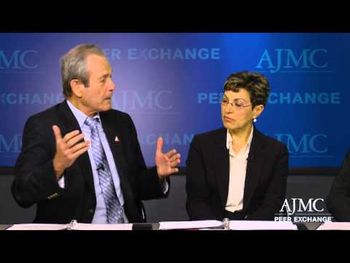
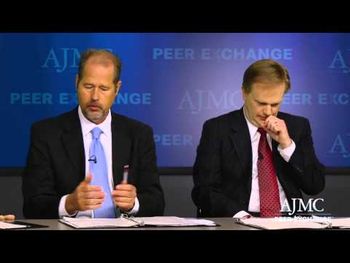
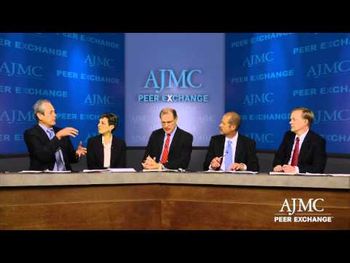
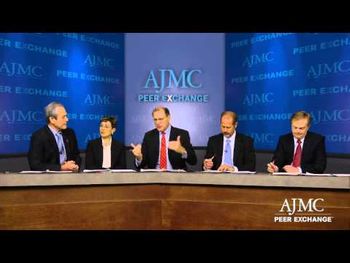
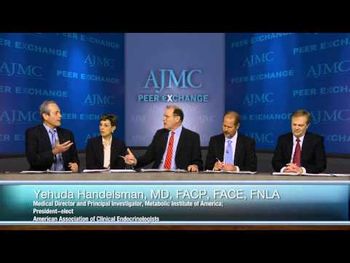
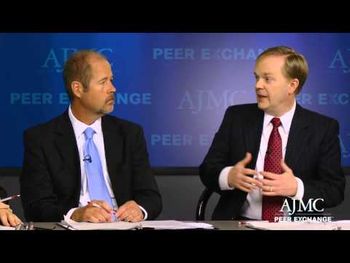
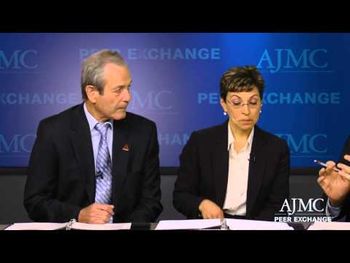
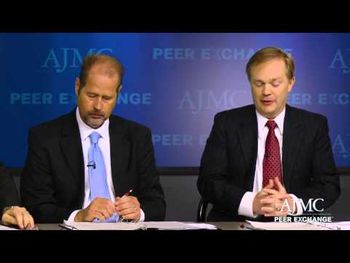

Three major insurers are partnering with a not-for-profit group to provide consumers with greater access to healthcare cost information, the group announced Wednesday morning.

One in four Medicare patients got medical care at least once in 2009 that provided no benefit at a total cost of at least $1.9 billion, newly published research suggests.

The CMS has canceled its first scheduled round of end-to-end testing for ICD-10 in the wake of a recent, one-year reset of the compliance deadline to Oct. 1, 2015, according to knowledgeable sources.

Many patients with chronic diseases now find themselves in contact with clinic-employed health coaches who nudge them to take their medications, eat right, be active and assume ownership of their health.

As the elderly population grows, state legislators across the United States are seeking to control the rising costs of caring for them. Specifically, legislators are focused on those elderly who have Alzheimer's disease.

Final rule reduces burdens to critical access hospitals, rural clinics; loosens physician supervision requirements.
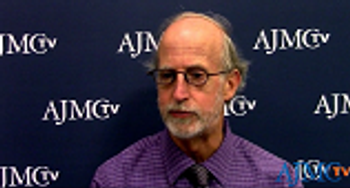
Wayne J. Katon, MD, professor of psychiatry, director of the division of health services and epidemiology, and vice chair of the department of psychiatry and behavioral sciences at the University of Washington Medical School, says that people with psychiatric illness in primary care settings cost the system twice as much as those without mental illness. Comorbidities such as depression can add to those costs.

States did little to improve healthcare access, quality, costs and outcomes in the past five years, according to a Commonwealth Fund report. Researchers examined 42 health indicators between 2007 and 2012, and found that in many states, access and affordability of healthcare actually declined among adults younger than 65. Healthcare spending rose $491 billion, reaching $2.8 trillion nationally.

Three out of four physicians believe that fellow doctors prescribe an unnecessary test or procedure at least once a week, a survey released Thursday finds.

A federally funded effort to identify high-risk patients and coordinate their care is delivering modest savings, but significant cost reductions may come only after broader payment reforms take hold.

Healthcare reform has led to a resurgence of interest in various types of population-based management tools, according to David Axene, FSA, FCA, CERA, MAAA, in his presentation Innovations in ACO Partner Risk/Revenue Sharing at the National Association of Managed Care Physicians' Spring Managed Care Forum 2014 in Orlando.

With the delay in ICD-10, many insurers now have to slow down a mammoth IT project and, potentially more disruptive, make adjustments to a whole slew of programs and contracts.

Medicaid-financed emergency room costs statewide grew nearly $10 million to $178.3 million in fiscal year 2013.

The expenses associated with cancer care in the United States are staggering and only expected to climb.

People who go to Michigan hospitals seeking treatment for dental conditions that could have been prevented through regular dental care increase health care costs by millions of dollars in the state.
